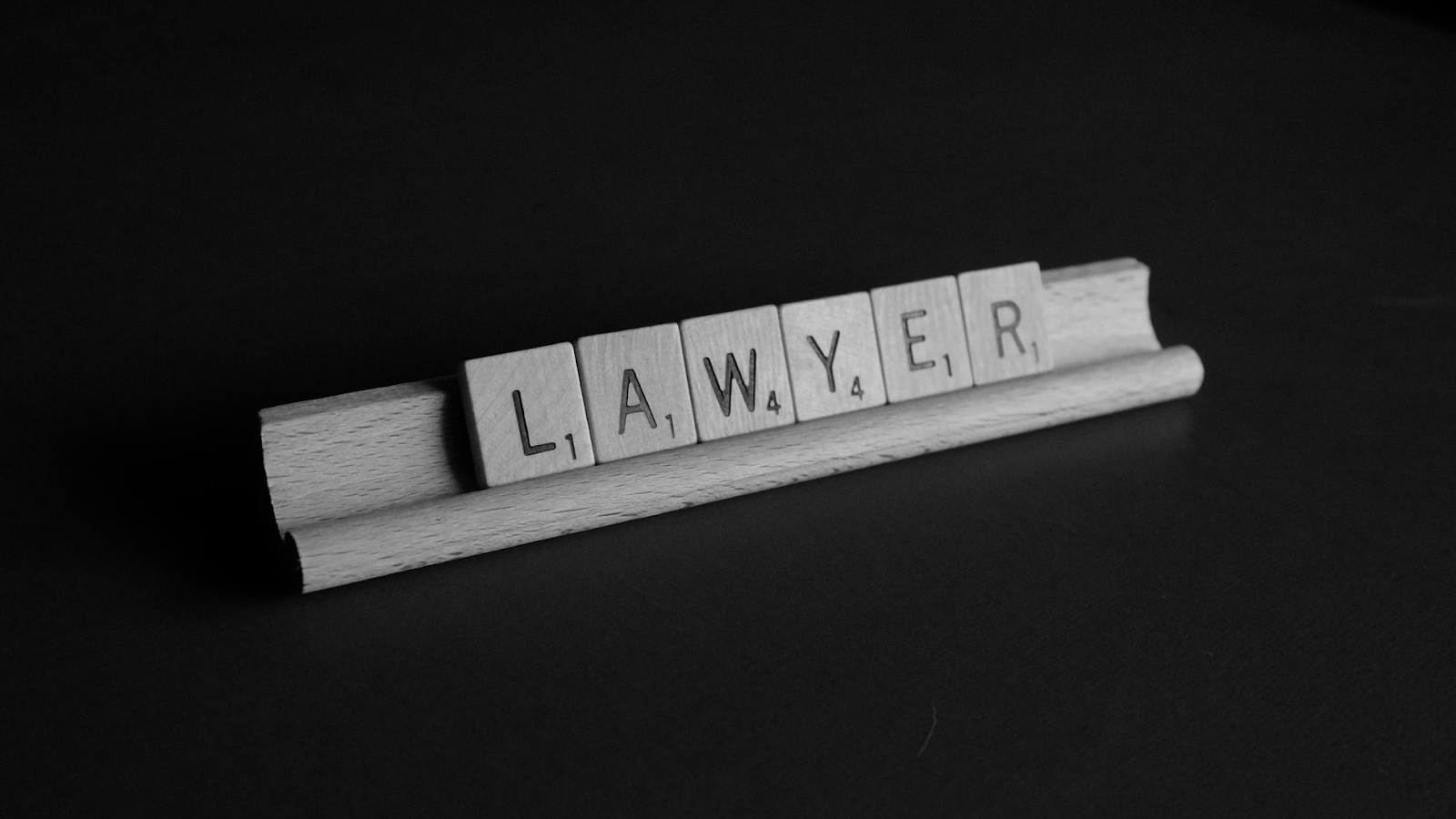
Don’t go into a consultation with an OUI lawyer unprepared. Bring a list of questions like the ones below, which are essential to address before you get to court:
1. Can you come to me?
Most folks who have been charged with OUI have also lost their driver’s license to a breathalyzer suspension (for failing or refusing the breath test). This naturally makes it hard to get into the attorney’s office. Look for a Massachusetts OUI lawyer who can meet with you at home or in the place of your choosing.
2. Have you handled similar cases in the past?
Look for a Massachusetts OUI lawyer with a proven history of successfully handling OUI cases like yours. Ask if they have a website that logs their case record, or has any published records of their results. Experience makes an enormous difference when you to take a case to trial.
{{cta(‘3538ac07-9422-40a1-94ad-d1b33cac00fa’)}}
3. Is there anything in this case that can work in my favor?
There are many avenues for a skilled OUI lawyer to pick apart the state’s procedures or the validity of its evidence against you. Even a failed breathalyzer test or blood test does not guarantee a conviction. Ask your lawyer to explain the aspects of your case that could be most useful in constructing an effective defense.
4. Am I eligible for an alternative disposition?
Most first offenders are eligible for a “24D Disposition” with reduced penalties and probation instead of jail time. This is a way for the court to offer a more lenient alternative to the standard sentence so that one mistake doesn’t ruin your life. Even if you are facing a second OUI charge, you may still be eligible for an alternative disposition.
This will start with a CWOF or “Continuance Without Finding,” in which you admit that the court holds sufficient facts to convict, but do not admit any guilt. Ask a Massachusetts OUI attorney if you qualify and whether this option would make sense in your case.
5. What are the best and worst possible outcomes for my case?
Your OUI lawyer is there to help you achieve the best possible outcome for your case, but no attorney can guarantee a verdict of Not Guilty. This is always the best outcome since it means you won’t face any penalties.
Ask your attorney to explain the realistic outcomes in your case and the potential penalties each one comes with. This will help you set realistic expectations and prepare for the future (like commuting during a license suspension or budgeting for fees and fines).
6. Should we fight the case at trial, or seek a plea agreement?
In most cases, you will want to fight the charges in court. The penalties you receive will often be very similar whether you plead guilty or are found guilty at trial. Your lawyer will be able to examine the facts of the case and advise you on whether it makes more sense to fight or agree to a plea deal.
One possible reason to seek a plea agreement is that you’re eligible for either a 24D First Offender Disposition or the “Cahill” Disposition that’s available to some second offenders. This would mean bypassing a conviction in exchange for a lighter sentence. If it’s your third offense (or a subsequent offense), however, you’ll almost always want to fight the case.
Ready For a Consultation With an OUI Lawyer?
OUI charges are a serious threat. Don’t hesitate to contact an experienced Massachusetts OUI attorney so that they can go over the details of your case.





